Swiss media see Gaddafi’s moves as key
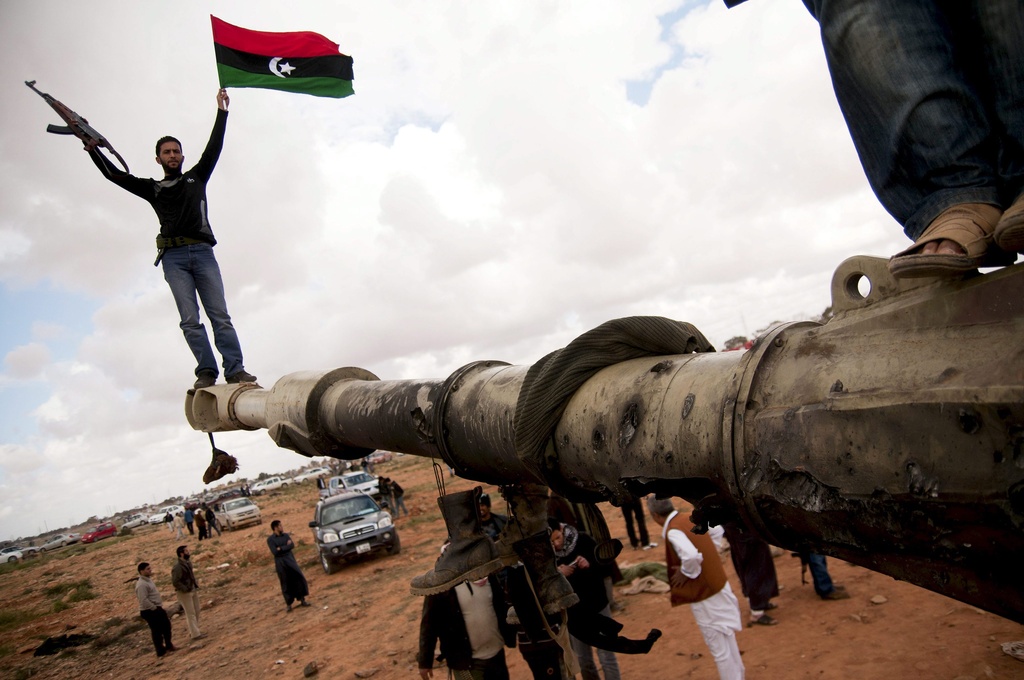
The Swiss press say Libyan leader Moammar Gaddafi is likely to fight to the bitter end, as allied forces launched a second night of strikes on Libya.
They have warned that the conflict will be “bloody” and that the allies, and in particular the United States, have to be sure what they want to achieve through their actions.
Gaddafi has vowed a “long war” as US, British and French forces continued their strikes to enforce a United Nations-mandated no-fly zone over Libya.
The Libyan leader has been fighting a rebellion that broke out last month.
The US military said the international assault would hit any Gaddafi forces on the ground that are attacking the opposition. Late on Sunday a cruise missile blasted a building in Gaddafi ‘s residential compound, near his iconic tent. It was not known where Gaddafi was at the time.
That the allies appear not to be sure whether the Libyan leader’s fall is the goal of their campaign – although US officials have said he is not – is a theme in Monday’s newspapers in Switzerland.
“Like any war, it will be a bloody one and nobody can predict the result,” observed Le Temps from Geneva. “But it already seems that its outcome depends on whether the Libyan leader will leave or not, and, possibly, on a regime change.”
“But at the moment, nobody in the coalition has dared to formulate this clearly,” added its commentary.
If the aims aren’t made clear, the success of the mission could be torpedoed, it said, adding: “[Gaddafi] will fight to the death”.
US in the spotlight
The Tages-Anzeiger puts the US role in the spotlight. In comments that also appear in the Der Bund and Basler Zeitung newspapers, US correspondent Martin Kilian says US President Obama has undertaken a “daring mission” in a Muslim land, coming so soon after Iraq and Afghanistan. But at least Obama can refer back to a clear UN resolution and a coalition that includes the Arab League in the Libya mission, says Kilian.
“It already has to be asked how far the US president wants to go in Libya. Does he want to topple Gaddafi? Or to take up the cudgel for Arab democracy in Tripoli but not in Yemen or Bahrain?
And the consequences for Obama are huge: either he will win and be celebrated or he will go the way of his Republican predecessor and be involved in a war that goes out of his control, said the correspondent.
For its part, the Italian-speaking La Regione warns that the situation could play into Gaddafi’s hands, especially if the mission does not reach its goal of provoking desertions or rebellion within the army, whose loyalty to Gaddafi remains unknown. Gaddafi might then use human shields.
In addition, a prolonged campaign could lead to civilian “collateral damage” and a wave of rejection among Arab populations, said the newspaper.
The Tribune de Genève and 24 Heures see a problem should the allies need to provide ground support to the rebels, saying this could be seen as a type of invasion or oil conflict. “The Arab Spring – the young alliance of democracies and people in the Muslim world wanting to become free – will then move into a cold and hard winter,” they said.
Europe’s role
Sunday’s media also considered the Libya issue and the NZZ am Sonntag looked this time at the Europeans in particular.
Until the Libya uprising, Germany, which had saved the euro through its economic force, was the power behind the European Union, it said. France and Britain, once great nations, were not trying to make up for their loss in importance. Military strength was no longer considered the source of power.
“The civil war in Libya has changed all of this,” it said. France and Britain jumped in when the US hesitated. Germany’s Chancellor Merkel looked to a domestic vote and “is in the Libya offside” – as well as weakened within the EU.
“International power not only remains based on the economy but also is based on the military,” observed the newspaper.
Der Sonntag was critical of the West’s behaviour. It had in the past courted Gaddafi – although the Libyan leader had committed acts of terror.
“Now it’s the same politicians who, until recently were all hugs, who have finally become active,” said Sandro Brotz.
The writer said that Gaddafi should answer in court for his actions – both for his terror attacks and those against his own people.
“A court case before a war crimes tribunal would be an atonement for the victims of Lockerbie [plane bombing over Scotland] and elsewhere. Gaddafi has his back against the wall. But he’ll also behave like a terrorist in this situation – and fight to the death.”
The first Swiss merchants settled in Libya at the end of the 19th century. Switzerland recognised the new state immediately after Libya’s declaration of independence in 1951. At that time there were about a dozen Swiss nationals living in Libya. Swiss geologists, technicians and other experts also settled in Libya as the oil industry in that country developed and prospered.
From 1962 onwards, the Swiss embassy in Tunisia represented Swiss interests in Libya. In 1965 a consulate was opened in the Libyan capital Tripoli, and an embassy was opened in 1968.
The temporary detention of Hannibal Gaddafi in Geneva in mid-July 2008 led to political tensions between Libya and Switzerland. The Libyan authorities reacted by taking measures against Swiss nationals and companies in Libya. On February 23, 2010, one of two Swiss citizens who had been retained in Libya was permitted to return to Switzerland; the other was released on June 13, 2010 and immediately returned to Switzerland.
(Source: Swiss foreign ministry)

In compliance with the JTI standards
More: SWI swissinfo.ch certified by the Journalism Trust Initiative

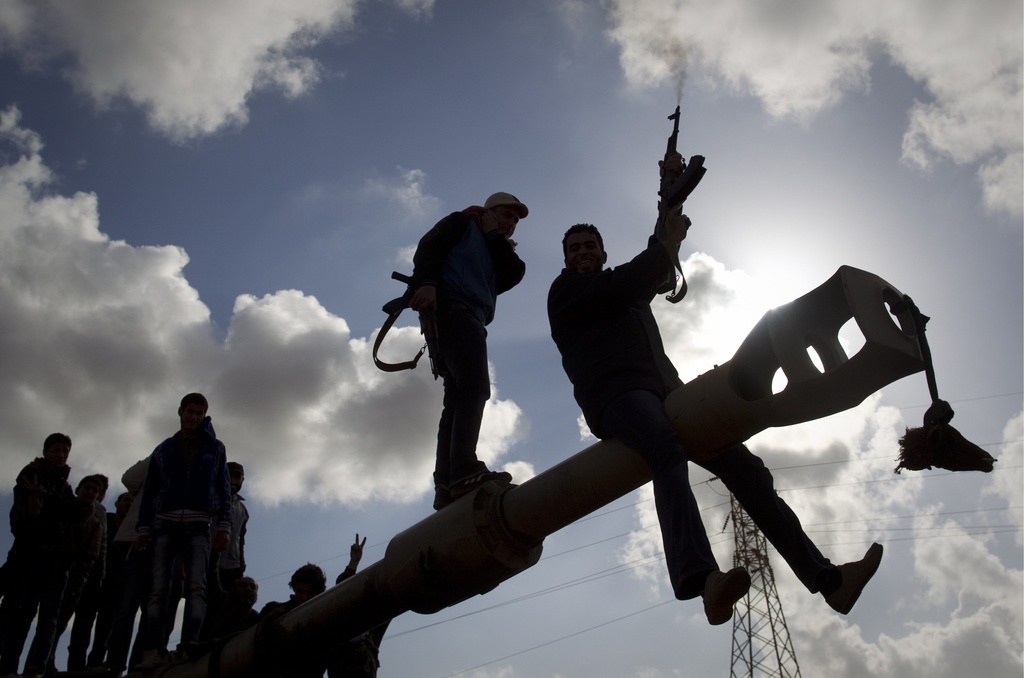
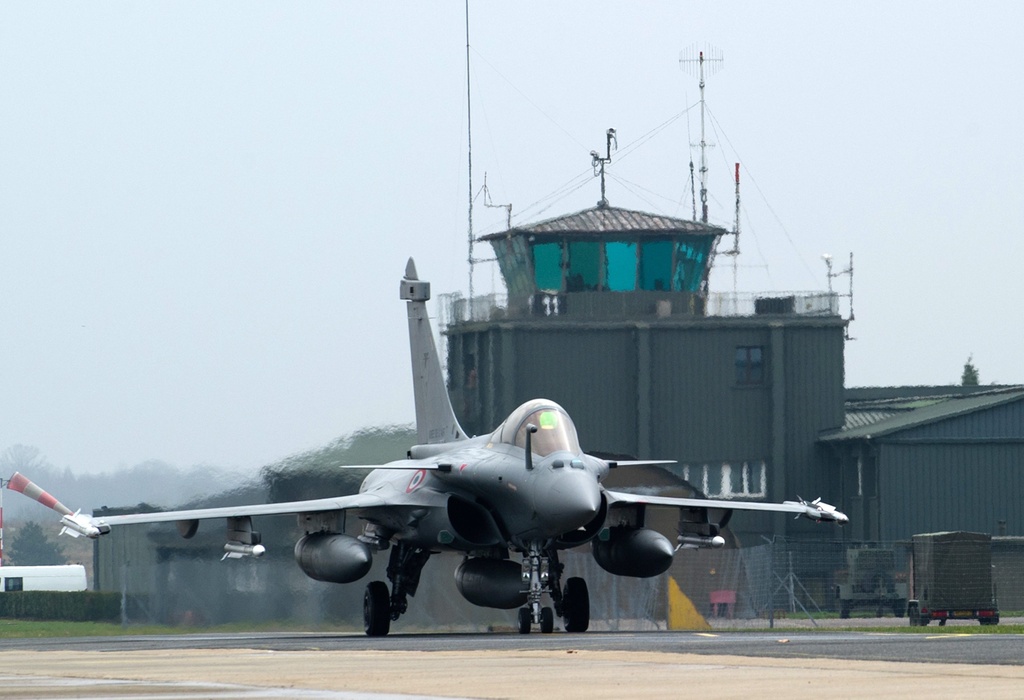
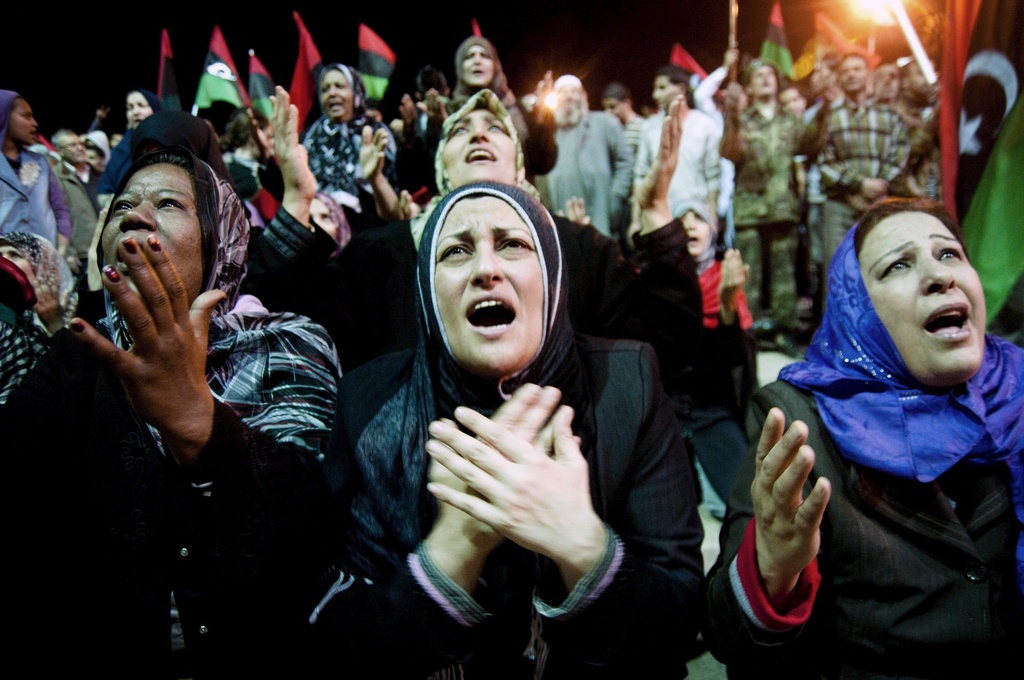
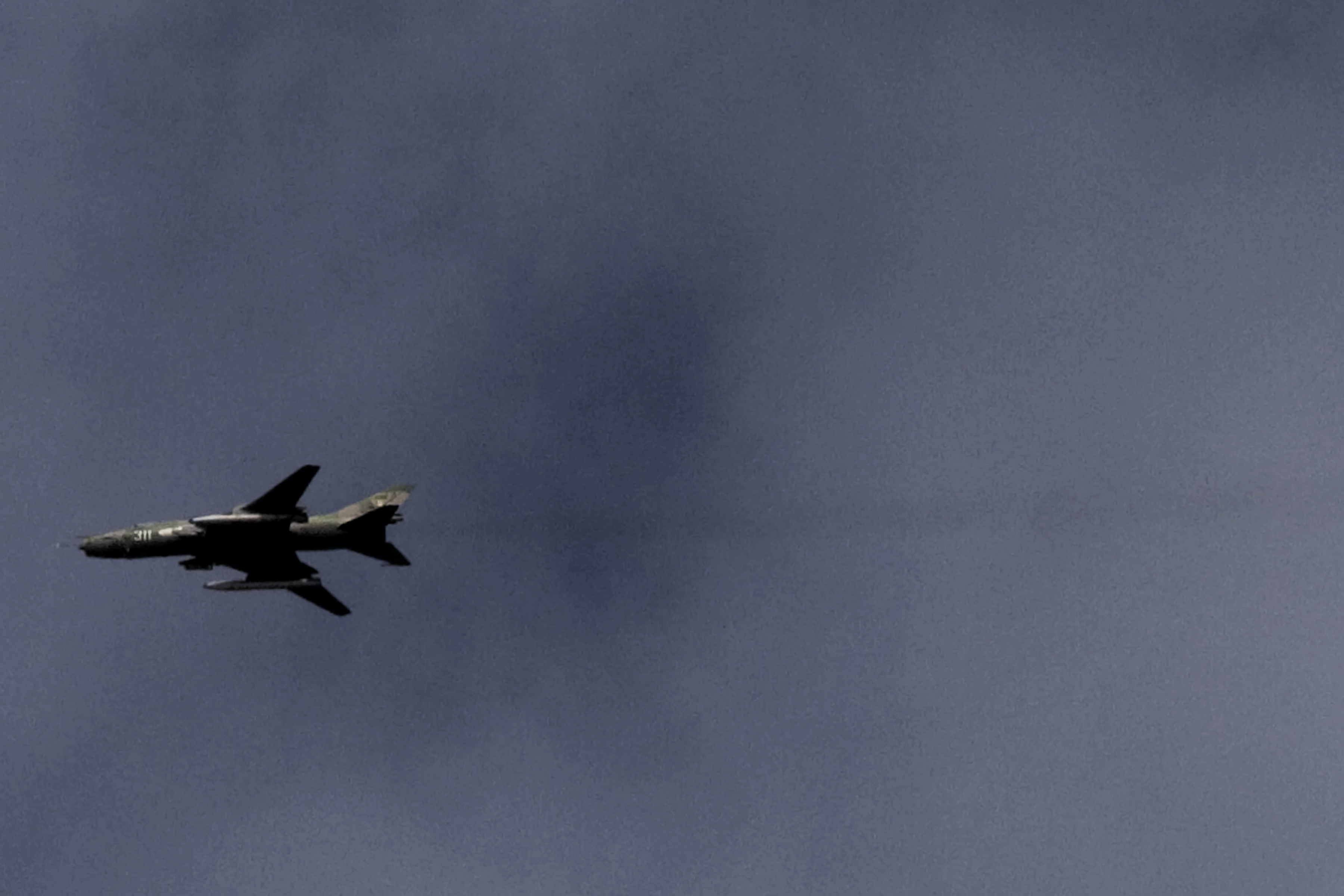
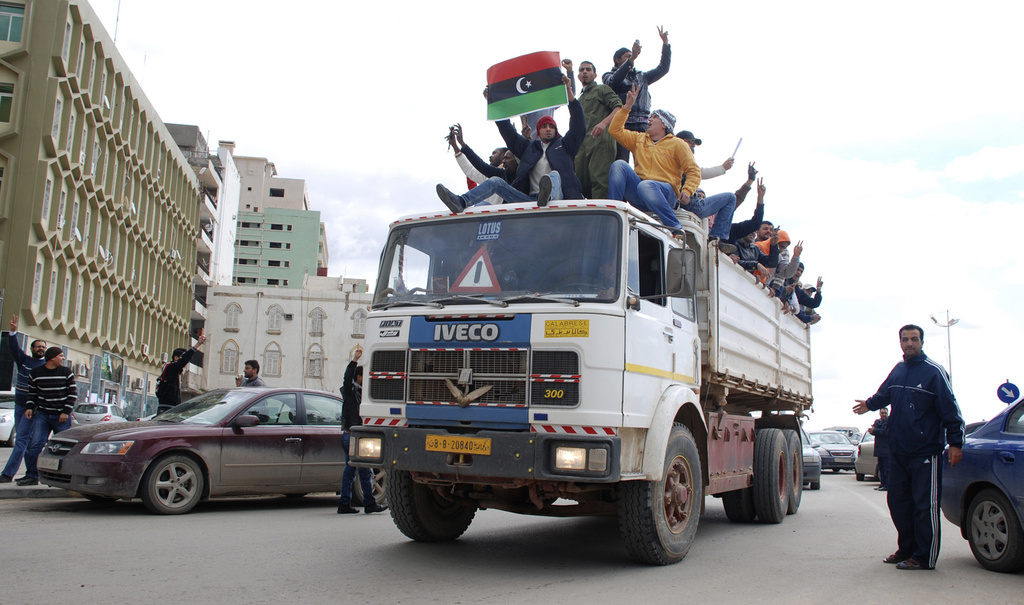
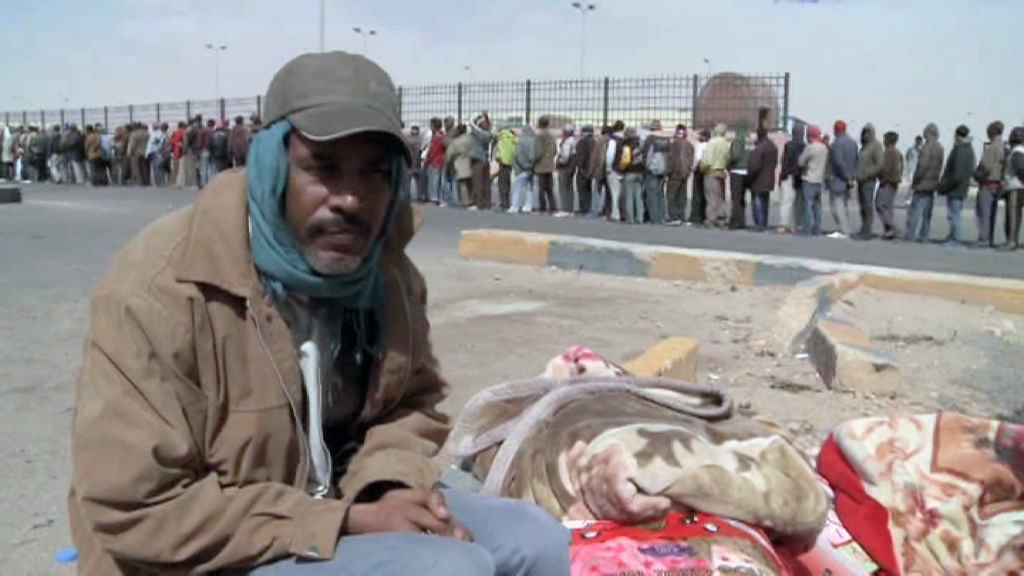
You can find an overview of ongoing debates with our journalists here. Please join us!
If you want to start a conversation about a topic raised in this article or want to report factual errors, email us at english@swissinfo.ch.